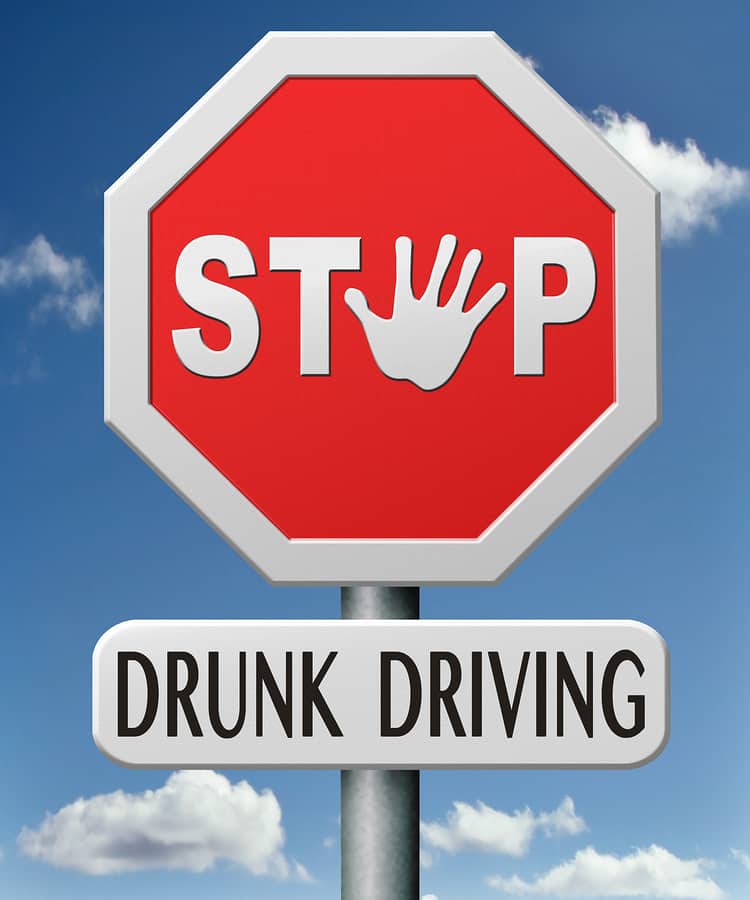 No matter how hard you try, there are always going to be people who just don’t “get” it sometimes. Whether it’s a person who doesn’t see that it’s dangerous to drink and then drive home or the people who are against ignition interlock devices, there’s something about alcohol that can be polarizing, especially when people feel their rights are being taken away.
No matter how hard you try, there are always going to be people who just don’t “get” it sometimes. Whether it’s a person who doesn’t see that it’s dangerous to drink and then drive home or the people who are against ignition interlock devices, there’s something about alcohol that can be polarizing, especially when people feel their rights are being taken away.
As ignition interlock legislation continues to provide safer streets across the country, the arguments against these programs are considerably similar in nature during that process. Nobody really argues against the safety of ignition interlock technology; it is the implementation, management or administration of the programs that seems to ruffle feathers the most. That and the personal implications of having a device tell you that you’re too drunk to drive.
Cost of the programs: state governments and law enforcement agencies are already facing budget cuts. True, but, the money saved by reducing repeat drunk driving offenses is a clear financial gain. Plus, there is reduction in the workforce needed for law enforcement, hospitals and emergency medical crews.
Cost of the devices: drunk driving offenders must pay even more for their conviction. A drunk driver must pay for an ignition interlock in many cases where there is no financial assistance available, yes. They are also able to keep driving their own vehicle in order to maintain employment and other responsibilities.
Ignition interlock legislation unfairly targets bars and/or “lightweight” drinkers. Well, less people able to drink and drive can reduce a bar or restaurant’s bottom line because they’re not drinking as much. People with a lower alcohol tolerance aren’t able to drink as much as their friends. But, in both situations, everyone gets home safely.
The devices are embarrassing. There are no legal grounds for embarrassment, but, drinking and driving is illegal. At least everyone knows that a person with an ignition interlock device is no longer a danger on the roads.
Even if you disagree with forcing people to drive safely, it is hard to argue against programs and devices that keep drunk driving offenders from making another, potentially fatal mistake. The cost and personal impact of the devices and programs is really nothing when compared with the personal and legal devastation of a fatal drunk driving incident.

 Missouri’s SATOP Program Helps You Get Back on the Road
Missouri’s SATOP Program Helps You Get Back on the Road
Leave a Reply
You must be logged in to post a comment.